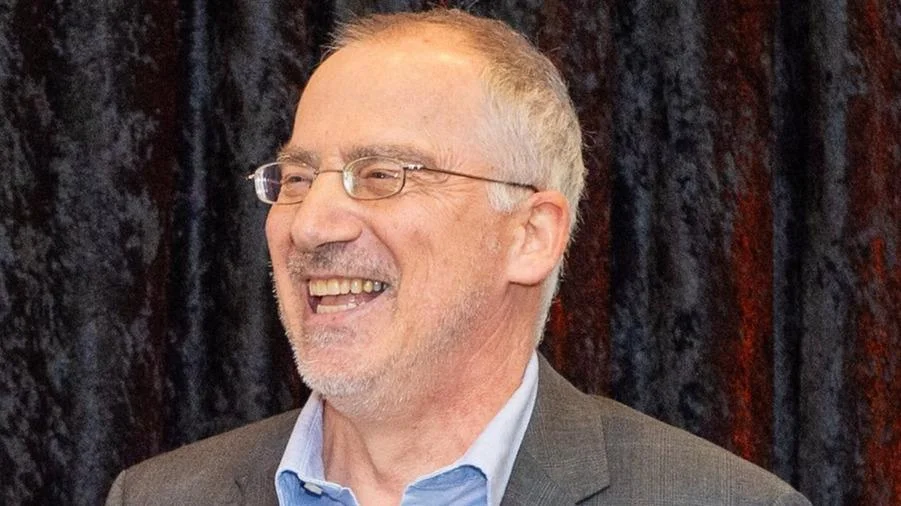
The Val Jahnke Fire Training Facility in Houston was a hub of activity as nearly 300 students from UTHealth Houston engaged in the ninth annual Mass Casualty Incident Training on November 22. The exercise offered practical experience in managing large-scale disaster situations, focusing this year on a simulated train derailment. Students took on roles involving triage, treatment, and transport to handle hundreds of mock patients.
The training included various stages such as incident command operations and triage of mock victims. Faculty members, emergency professionals, and students worked together to create realistic scenarios that featured escalating patient conditions and unexpected violent incidents.
Calvin Dao, a fourth-year student at McGovern Medical School at UTHealth Houston, commented on the challenges faced during the exercise: “The most challenging aspect is the chaoticness of the situation — responding fast to patients while keeping an eye on those who may appear stable but aren’t.” He expressed hope that this training would prepare him for real emergencies.
This year's event was funded by a grant from the Emergency and Trauma Care Education Partnership Program provided by the Texas Higher Education Coordinating Board. Elda Ramirez, PhD, RN, executive director of the Center for Interprofessional Collaboration at UTHealth Houston, noted improvements in organization and educational objectives: “This event has probably been one of the most organized we’ve ever had,” she said. Ramirez emphasized tools like triage cards and lifesaving skills such as 'Stop the Bleed,' which were integral parts of the training.
Debbie McCrea, EdD, MSN, EMT-P, event organizer and assistant professor at Cizik School of Nursing explained their approach: “We approached the education differently this year... Our goal was to make it less chaotic initially and more educationally focused.”
Participants from diverse disciplines including nursing, medicine, biomedical informatics, and public health attended pre-event education sessions followed by live simulations. A debriefing session allowed participants to reflect on their experiences. Kevin Schulz MD highlighted safety as a priority: "The most important thing going into today was that everybody stayed safe."
The event saw participation from 279 students alongside faculty members and staff with support from 15 cadets from the Houston Fire Department. The UTHealth Houston Mobile Simulation Training Unit also provided resources with high-fidelity simulators available for student use.
Ramirez reflected positively on program growth: “Whether it’s the drama of simulation or depth of education...we’re building a legacy of preparedness.”